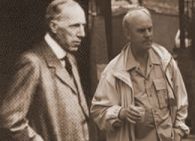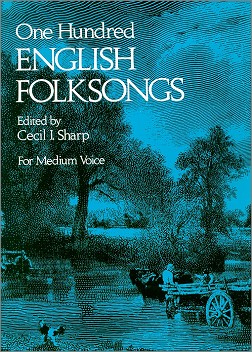|

from our Ashley Hutchings website
wonderful historical and
contemporary photographs
from this and other areas of England
on pace-egging and other traditions
to whom this website
offers up massive thanks
for the picture of the
Liege and Lief lineup
and the quotes from
Ashley Hutchings
short traditional verse sketches
performed at Christmas, Easter
and other festivals, and taken
round pubs and private houses
in return for cash and refreshments
in the Vale of the White Horse
"They dance for joy. And joy
represents the true spirit of England"
the magazine for
traditional music
an incredible resource
highly recommended
Traditionally -- Pace Eggs were part
of the Easter Sunday breakfast,
but if they weren't eaten they might
be used as household ornaments,
in various egg-games, or given to
bands of performers known as
Pace Eggers, who were once a
common sight in northern English villages.
noted his first folk song
this website celebrates that event
The Spirit of England
a brand new annual festival
devoted to British composers,
commencing in October 2006,
and held in the Abbey
of Dorchester-on-Thames.
It will concentrate mainly on
early twentieth century composers,
and particularly on neglected works.
On Boxing Day, 1899,
Cecil J. Sharp witnessed
a performance by the
Headington Quarry Men
in Oxfordshire. Sharp was
a professional musician and
teacher. He became fascinated
by the Morris and devoted much
of his life to the collection,
publication and revival of interest
in many forms of traditional dance,
song and music

|

